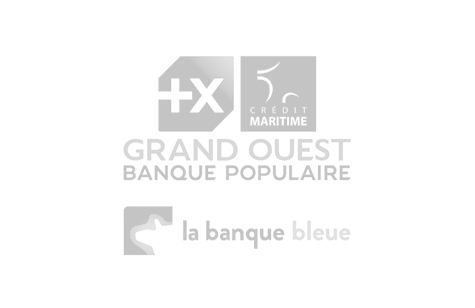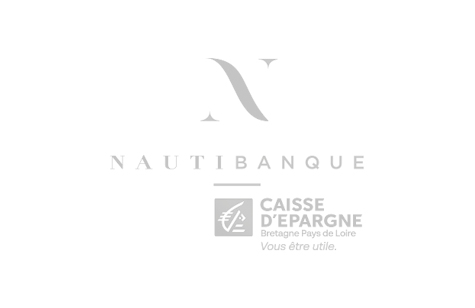- - IRD, UMR Marbec, Centre pour la biodiversité marine, l'exploitation et la conservation, Sète-Montpellier [Project Developer]
- - IDDRI, Institut pour le Développement Durable et les Relations Internationales, Paris
- - Institut Méditerranéen d'Océanographie-Université d'Aix-Marseille, MIO-AMU, Marseille
- - Institut Pierre Simon Laplace, UMR LOCEAN & UMR LSCE
- - LEMNA, Université de Nantes
CIGOEF Impact of climate change on global ocean ecosystems and fisheries
Ocean ecosystems cover 70% of the planet’s surface and fulfil essential ecological functions. They are responsible for deep-ocean carbon sequestration and play a major role in atmospheric CO2 and climate. They are home to a rich biodiversity that includes large predatory fish. Tuna represents the bulk of these resources, with annual catch levels reaching 7.7 million tonnes.
But climate change is threatening these ecosystems; it is modifying the ocean’s temperature, stratification and circulation. Moreover, it is having a negative impact on the primary production on which ecosystems and biodiversity rely.
The CIGOEF project will model the impact of climate change on ocean ecosystems and their fisheries. It will examine the effects of climate change on a global scale, including on the microbial loop and gelatinous organisms and their feedback on the carbon cycle and climate system. In addition, CIGOEF will analyse the impact of climate change on tuna resources, fisheries and markets by quantifying their vulnerability and studying different strategies for adaptation and governance using integrated scenarios.




































